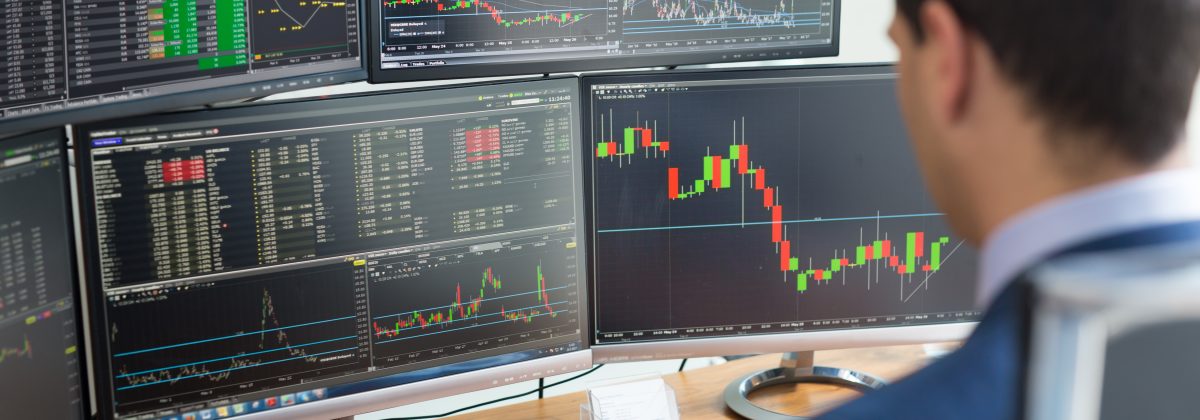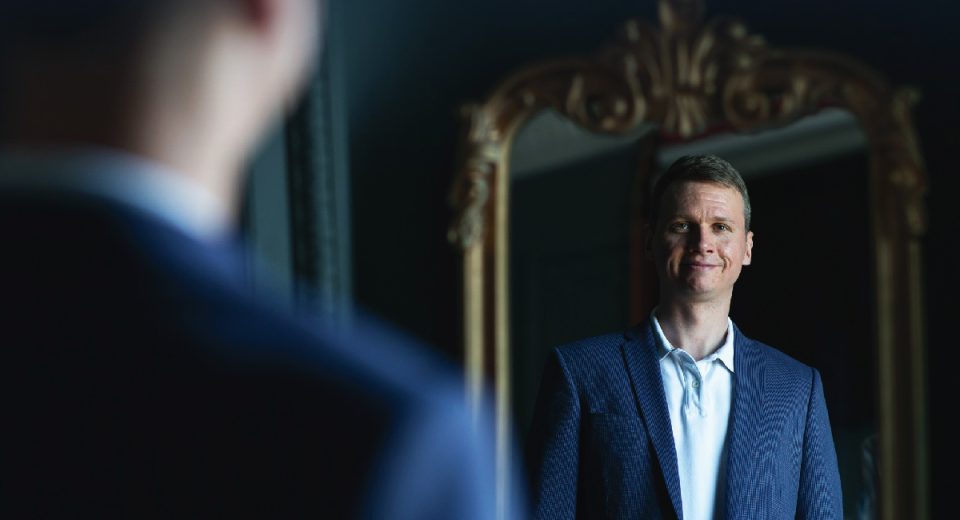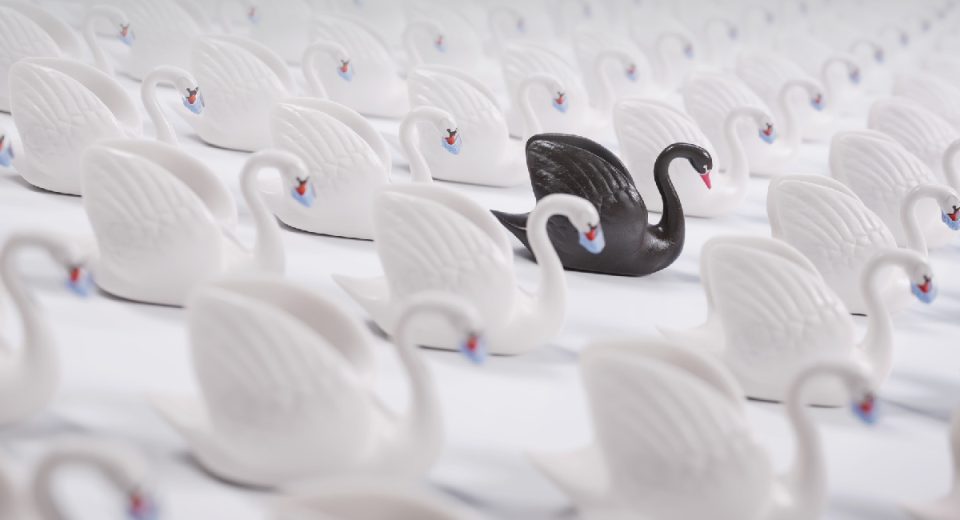How do Professional Traders Trade?

Every amateur trader aspires to follow in the footsteps of greats like George Soros, Bill Lipschutz, Andrew Kreiger and more, who seem to have cracked the financial market code to success. What most forget is that even the most successful professional trader has had a roller coaster ride of successes and failures. It has only been their ability to learn from failures and keep tabs on market movements that has allowed them to scale the heights of success. Soros once famously said “I’m only rich because I know when I’m wrong…I basically have survived by recognizing my mistakes”.
We can all learn from these traders and adopt practices that they exemplify in their trading. Here’s a look at some of the key aspects of how professional traders trade:
Always Have a Trading Plan
Professional traders have a well thought out trading plan that they stick to. Their trading strategies have been developed and honed over time, using tools like backtesting and trading journals.
A trading plan requires specified entry, exit and money management criteria. With advancements in technology, professional traders can now test their strategies before risking real money. They stick to the adopted plan even during times when trades outside the plan tempt them with the promise of higher profits.
Choose a Reliable Trading Platform
They depend on a robust, reliable and efficient trading platform, provided by a trustworthy broker. Selection of the right trading platform is necessary as it will have all the tools and functionality you need to make trading decisions and execute trades. Mobile apps are a convenient way to keep an eye on, or even make, positions on the go. Every professional trader will suggest using a top-notch trading platform to start trading.
Manage Risk Efficiently
The importance of risk management cannot be over-emphasised. It is the key to long-term trading survival and success. A professional trader is aware of trading in correlated markets and ensures that they do not double up on trades by taking positions in two highly correlated markets, such as the EUR/USD and GBP/USD at the same time.
Professional traders also keep an eye on market volatility and keep adjusting their approach accordingly, to minimise the risk associated with trading. Bill Lipschutz has also stressed the need for risk management, stating that you should choose your trading size as a risk management strategy, to avoid being forced out of your position, since timing of your position is usually inexact.
Managing risk doesn’t mean being afraid of risk. Many pro traders lose more trades than they win, but they make more from their winnings. They aren’t afraid to close a losing deal and they don’t close their winning trades to early – which goes back to our first point about sticking to the plan.
Continue to Learn and Study
Not being afraid to admit that they don’t know everything is the trait of a good trader. They are willing to learn from any avenue and benefit from the opinions and suggestions of the other successful traders. They learn from failed trades and implement the lessons learnt in their future endeavours. A professional trader is humble and knows that to trade successfully, learning should be a lifelong process.
They keep a close eye on the various influencers of the financial markets, such as world events, political changes, economics and weather. Trading is a dynamic process – the more a trader studies the past and the present, the better they can strategise for the future.
Treat Trading Like a Business
A professional trader doesn’t take up trading as hobby, but pursues it as a business. Taking trading lightly has proven to be costly for a number of traders in the past. As a job, it can become tedious as it isn’t a source of regular income. However, when treated as a business, you know that uncertainty, expense, risk, losses and stress are all a part of the game. A professional trader does their research and maximises trading opportunities, just like any other business.
Handle Losses Constructively
A winning or losing streak cannot last forever. Professional traders accept this and understand that losses are inevitable. What is important is to get back on the horse and learn from loss-making trades. And if they’ve followed their risk management strategy of not investing too much in one trade, then like Soros, they survive to trade another day. They keep emotions at bay and only make trading decisions based on intensive analysis. The pressure to profit on every trade can lead to committing mistakes.
Use Technology Efficiently
With technological advancements, professional traders and novices alike have excellent tools and software at their disposal, easing the process of making informed decisions. They use charting platforms to view and analyse the market. Market updates enable traders to monitor their investment on the go. The use of stop loss, take profit and other tools also help traders to manage risks and lock in profits.
Are Organized, Disciplined and Realistic
Professional traders are organised in their trading setups, disciplined with their emotions and set realistic goals for their trades. Discipline cannot be learnt in a seminar or by using an expensive trading platform. It is something that one has to consciously work on, regardless of whether their trades are currently winning or losing ones. Being realistic helps traders minimise risks and eliminate emotional decisions in search of quick returns.
Trade Only What They Can Afford to Lose
Experienced traders know how much they can afford to lose and use this to make trading decisions. They only execute trades with the capital available to them and do not let emotions like greed, fear or revenge push them into borrowing money or looking for higher leverage to execute trades.
Always Keep the Bigger Picture in Mind
What separates a professional trader from a novice is their ability to stay focused on long-term goals while trading. They know that the results of a single trade cannot define their entire trading career. They believe it is the cumulative earnings that actually matter. They accept wins and losses with equanimity and avoid emotional decisions, based on a particular outcome.
Even the most successful traders have established their trading empire gradually. They have understood the importance of following the rules they have set for themselves. Trading involves hard work, coupled with discipline and patience. It does not necessarily require huge capital, but it does require commitment.




